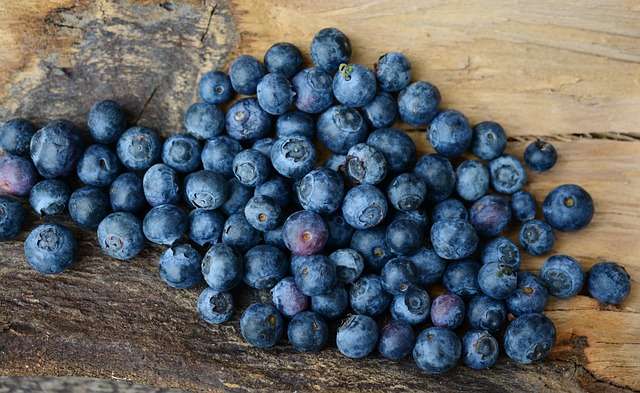Beyond Yogurt: Exploring Unique Sources of Probiotics
The Power of Probiotics
Probiotics are live microorganisms that provide numerous health benefits when consumed in adequate amounts. They promote a healthy gut by improving digestion, boosting the immune system, enhancing nutrient absorption, and balancing the gut microbiota.
While yogurt has long been associated with probiotics, many are unaware that there are numerous other sources of these beneficial bacteria. Let’s explore some unique sources that can help you diversify your probiotic intake.
Kombucha
Kombucha is a fermented tea made by combining sweetened tea with a symbiotic culture of bacteria and yeast (SCOBY). It is rich in probiotics, acetic acid, and antioxidants. Regular consumption of kombucha can improve digestion, increase energy levels, and strengthen the immune system.
Sauerkraut
Sauerkraut is fermented cabbage with a distinct tangy flavor. It is an excellent source of probiotics, vitamins C and K, and fiber. Consuming sauerkraut regularly can improve digestion, promote bowel regularity, and support a healthy heart.
Kefir
Kefir is a fermented milk drink that originated in the Caucasus region. It is packed with beneficial bacteria and yeasts, making it a great probiotic source. Kefir also provides essential nutrients like calcium, phosphorus, vitamin B12, and protein. Regular consumption of kefir can improve gut health, enhance nutrient absorption, and boost immune function.
Miso
Miso is a traditional Japanese seasoning made by fermenting soybeans with salt and a specific fungus called koji. It is commonly used in soups, dressings, and marinades. Miso is not only rich in probiotics but also a good source of essential amino acids, vitamins, and minerals. Consuming miso regularly can support gut health, aid in detoxification, and contribute to overall well-being.
Kimchi
Kimchi is a popular Korean side dish made from fermented vegetables, mainly cabbage and radishes. It contains a wide variety of lactic acid bacteria, providing abundant probiotics. Kimchi is also rich in vitamins A, B, and C, as well as antioxidants. Regular consumption of kimchi can improve digestion, reduce inflammation, and strengthen the immune system.
Tempeh
Tempeh is a traditional Indonesian food made from fermented soybeans formed into a firm cake-like structure. It is packed with probiotics, protein, fiber, and various micronutrients. Tempeh is a versatile ingredient that can be used as a meat substitute in various dishes. Regular consumption of tempeh can improve gut health, support weight management, and lower cholesterol levels.
Conclusion
While yogurt is a popular choice for obtaining probiotics, it’s important to explore other unique and delicious sources. Incorporating kombucha, sauerkraut, kefir, miso, kimchi, and tempeh into your diet can provide a diverse range of probiotic strains and additional health benefits. Remember to choose high-quality, naturally fermented products to ensure maximum probiotic potential. So why limit yourself to just yogurt when there’s a whole world of probiotics waiting to be explored!







